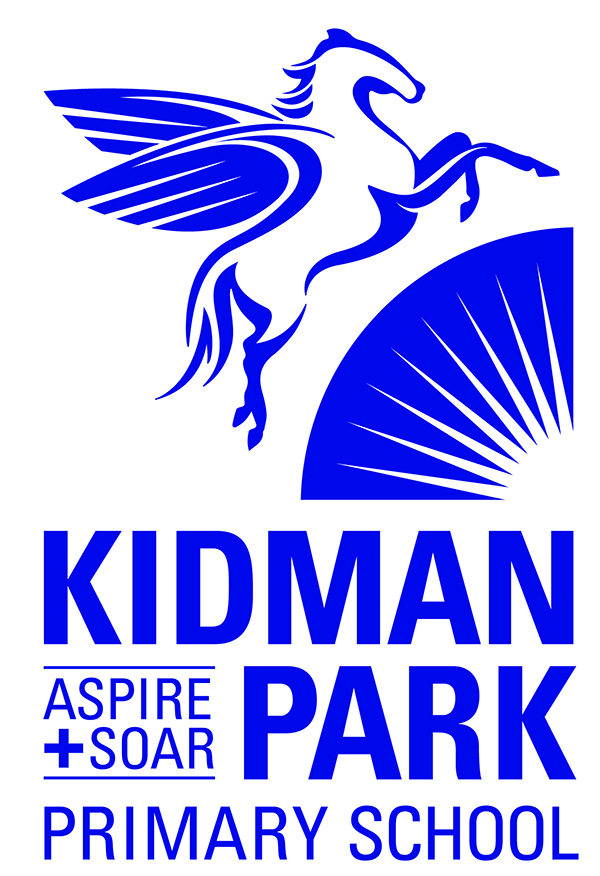Maths in the Early Years
At Kidman Park Primary School, students participate in hands on Maths learning experiences. This provides students with explicit and formal teaching of the Maths learning intentions, hands-on learning experiences in a range of mathematical concepts and a range of entry points for students with different learning needs. Teachers commence the lesson by explicitly teaching a mathematical concept, which is the learning intention for the fortnight. Students then choose from a range of play-based mathematical learning experiences in a range of areas, which are taken from the Australian Curriculum including number and algebra, measurement and geometry, statistics and probability. Students are able to practise the skills that have been modelled during the explicit teaching or choose another mathematical area to explore and build on their learning. Play-based learning provides an opportunity for students to explore ideas, develop problem-solving skills, make connections and engage with others while developing mathematical understanding of real life situations.
Maths in the Primary (3-5) and Middle (6-7) Years
Maths at these year levels builds on what has been taught and discovered in the Early Years. We seek continuity in teaching and mathematical language across our entire school for increased results in learning for our students. We use the Australian Curriculum Proficiency Strands and our teachers embed these into their Maths lessons. Students develop their mental skills through Fluency based routines and warm-up games and use a range of manipulative resources and explore concepts through explicit lessons to build their Understanding of topics outlined in the Australian Curriculum. The best way parents and caregivers can support is through the revision of principles and strategies taught at school, and work on fluency based activities and games explored and learnt in class. Problem Solving experiences are intentionally designed by teachers and enable students to use their understanding in new ways. Through questioning learners as they learn, teachers can direct students and listen to their reasoning, providing formative feedback along the way.



Copyright
Disclaimer Statement
Privacy Information
Copyright
